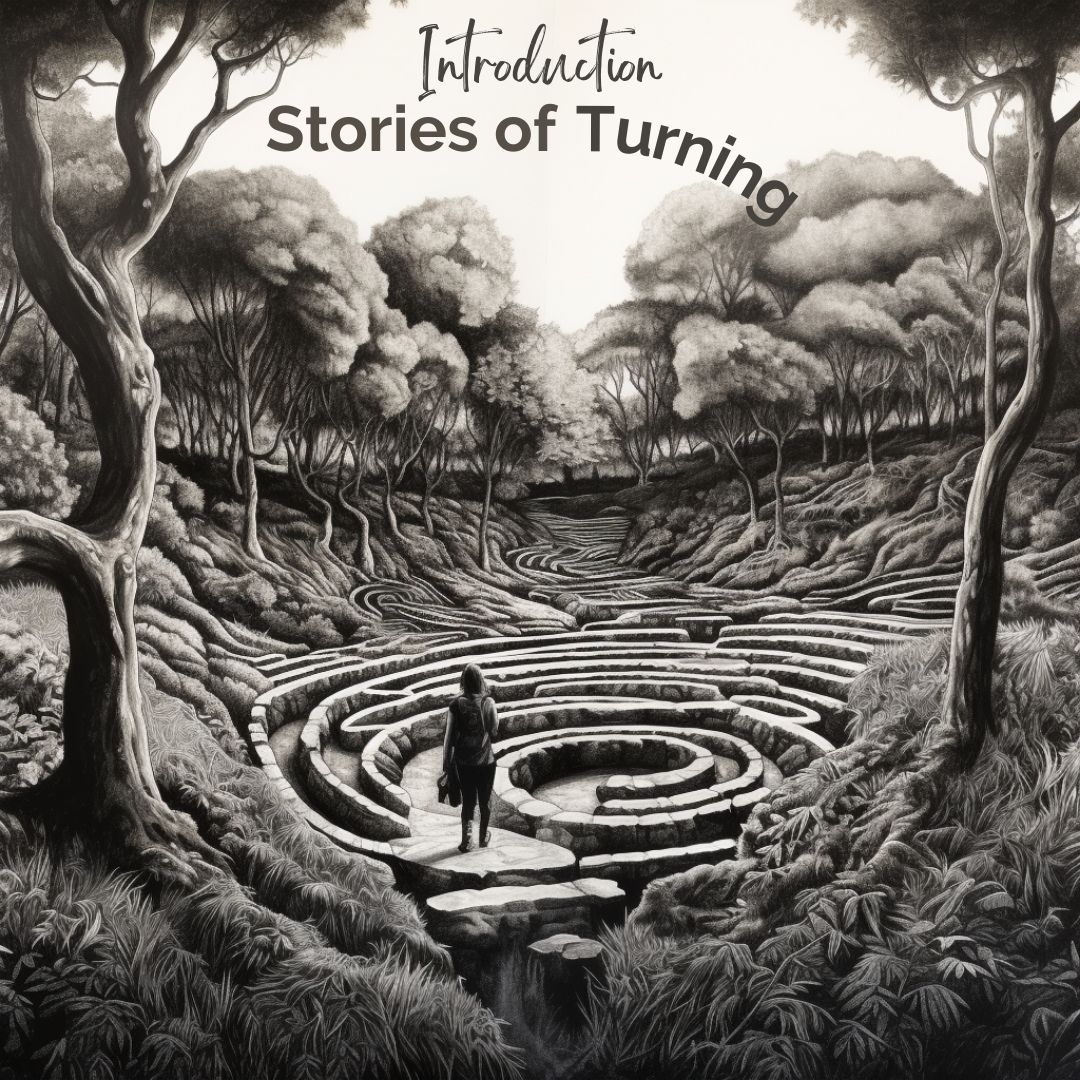Two Unnamed Boys
in a parable of Jesus became my brother and me.
There once was a father, Jesus said, with two sons. He says to the first, “Go and work in the vineyard today.” The first boy says, “I will not.” But later, he changes his mind. He grabs his pruning hook. To the same question, the second son answers, “‘I go, sir,’ but went not” (Matt. 21:28-33).
My father, who knew his Bible, would task my brother and me with some chore, like cleaning out the garage. We said, Yeah, sure, Dad. Then he’d go to work, and we’d forget, or hope that he would. He’d come home at 5 o’clock to the same dirty garage, look at us sternly and say, “I go sir, but went not.” We knew the reference.
Dad used that parable to teach the conventional value of obedience: Don’t say yes and do no. But he may have missed the heart of the story. The boy Jesus praises is the one who says no. Later he changes his mind but . . . he starts with refusal. Why is it that Jesus holds up the one who says no? Could it be that he knows we can’t have a love relationship with God unless we can say no? Only people who can say no—are not afraid to say it!—have the inner authority to say a true yes.
Saying no to God, of course, is always saying no to god—to the little, demanding deity who wants a straight yes. Feel free to start Lent with a No. No to performative religion. Then lean into the bosom of Yes.

One son in garden dark
down on his knees
says no and yes
then, ending all ambivalence,
Nevertheless—
Thanks, Michael—your little poem brings it all home. Love that final word—Nevertheless.
I’d say I spent 40 some odd years in refusal. I’d also say that from my experience often the biggest original “naysayers” are often the most passionate “yes-ers” down the line.
Yes, I think recovery and hitting bottom is like the ultimate No, the ultimates refusal. But it’s what makes a life-giving Yes possible.
There is a freedom in even being able to say no and then rethink our no. Jesus seems to find this kind of yes acceptable because it not only means a change mind, but of heart, too.
As some of the commenters have noted, the periods in their lives when they refused God’s presence in their lives finally propelled them into a radical acceptance of that presence. Often, people who have said Yes all their lives and been very obedient and never said no–they can’t grow into the next phase of relationship. Imagine a relationship with someone–and you have no conflict, ever. That relationship is flat, dull, cannot grow and deepen. And of course if you look at all the heroines and heros of the Bible–almost every one of them started out as a refuser!